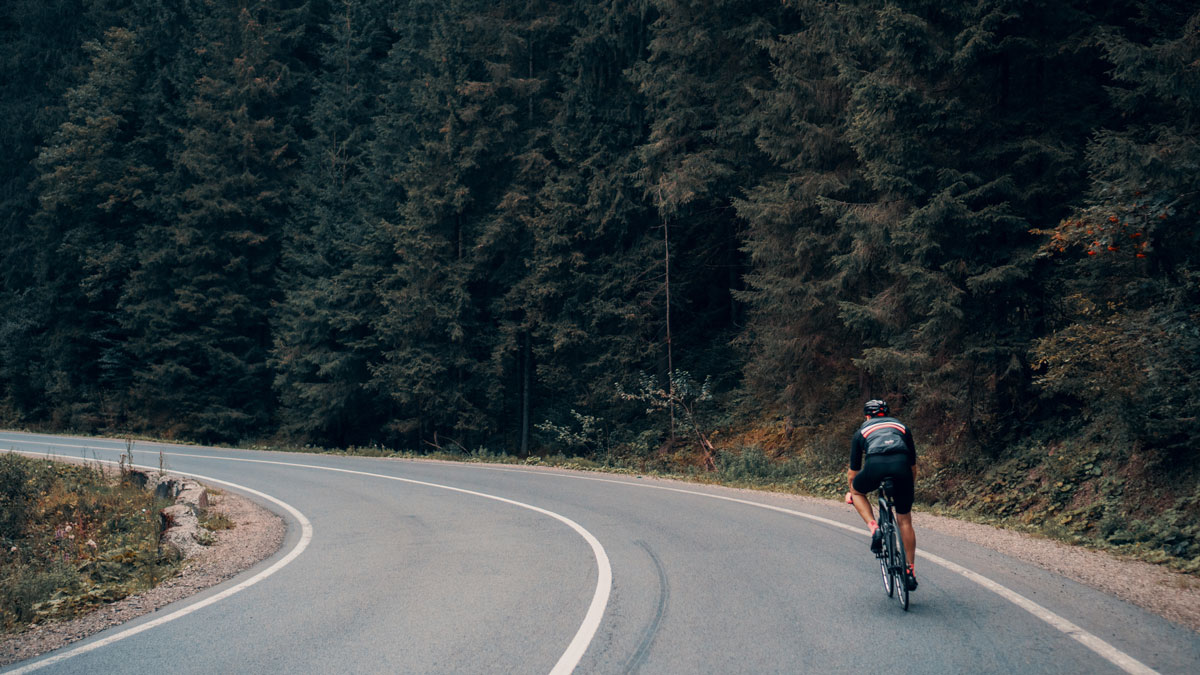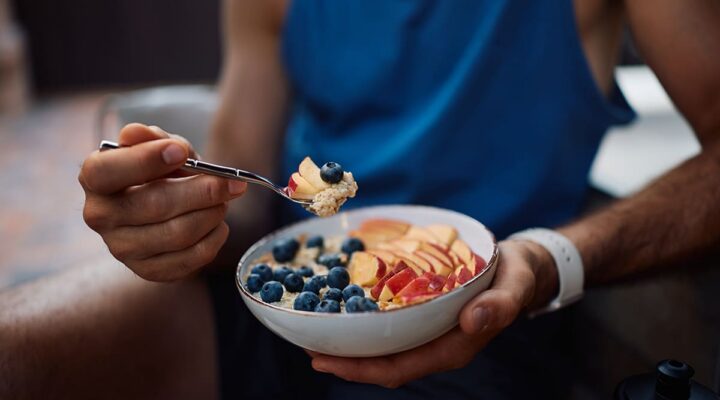Ask Dr Adam | What’s the Best Way to Fuel For Cycling?

Dear Dr Adam,
I’m a keen cyclist but have always struggled to determine exactly how to fuel my two-wheeled pursuits. Do you have any advice?
Shaun, Dover
—
Dear Shaun,
As with most things regarding nutrition, this all depends on your goals.
For instance, if you’re cycling for less than an hour, there’s really no need to place any notable attention on your ‘fuel’ if you’ve been eating normally. This is because you’ll have plenty of glycogen stored to complete your ride without any issues, most likely for up to two hours.
But if it’s a long ride (anything more than two hours), there is some logic to taking on board some high GI carbs to keep blood glucose topped up and eke out your glycogen for longer. Bear in mind, though, that you can only really deliver about 1g/minute into the system from the gut. That’s 60g per hour, and don’t forget that includes the slice of cake you might stop for!
If you’re training with an emphasis on increasing endurance adaption, you may want to consider ‘training low’ when cycling – a strategy favoured by many pro teams. The concept of “training low” can be defined as training with limited carbohydrate, whether that be “fasted” (e.g. without any food first thing in the morning), or “depleted” (e.g. after a session that has depleted some muscle glycogen).
The rationale here is that undertaking exercise with limited fuel amplifies the cell signalling associated with energy depletion, which in turn gives rise to greater responsive adaptation. This adaptation – mediated through PGC1a and other mechanisms – can result in increased mitochondrial biogenesis (creation of new mitochondria), angiogenesis (new blood capillaries), and other enzymatic and morphological changes within muscle that fundamentally improve the muscle’s oxidative capacity and therefore endurance.
Preparation for a race, on the other hand, should be approached rather differently. Here, you should ensure you are well fed in the days prior as you taper your training to ensure you start race day with full glycogen stores. Fuel with high GI carbs at a rate of about 60g per hour.
Ultimately, a simple question like what to eat for a bike ride has very complicated answers that depend on your aims. I’ve written about this extensively in our Carbohydrates and Exercise series.
_
To have your nutrition questions answered by Dr Adam Collins, please email hello@formnutrition.com


















